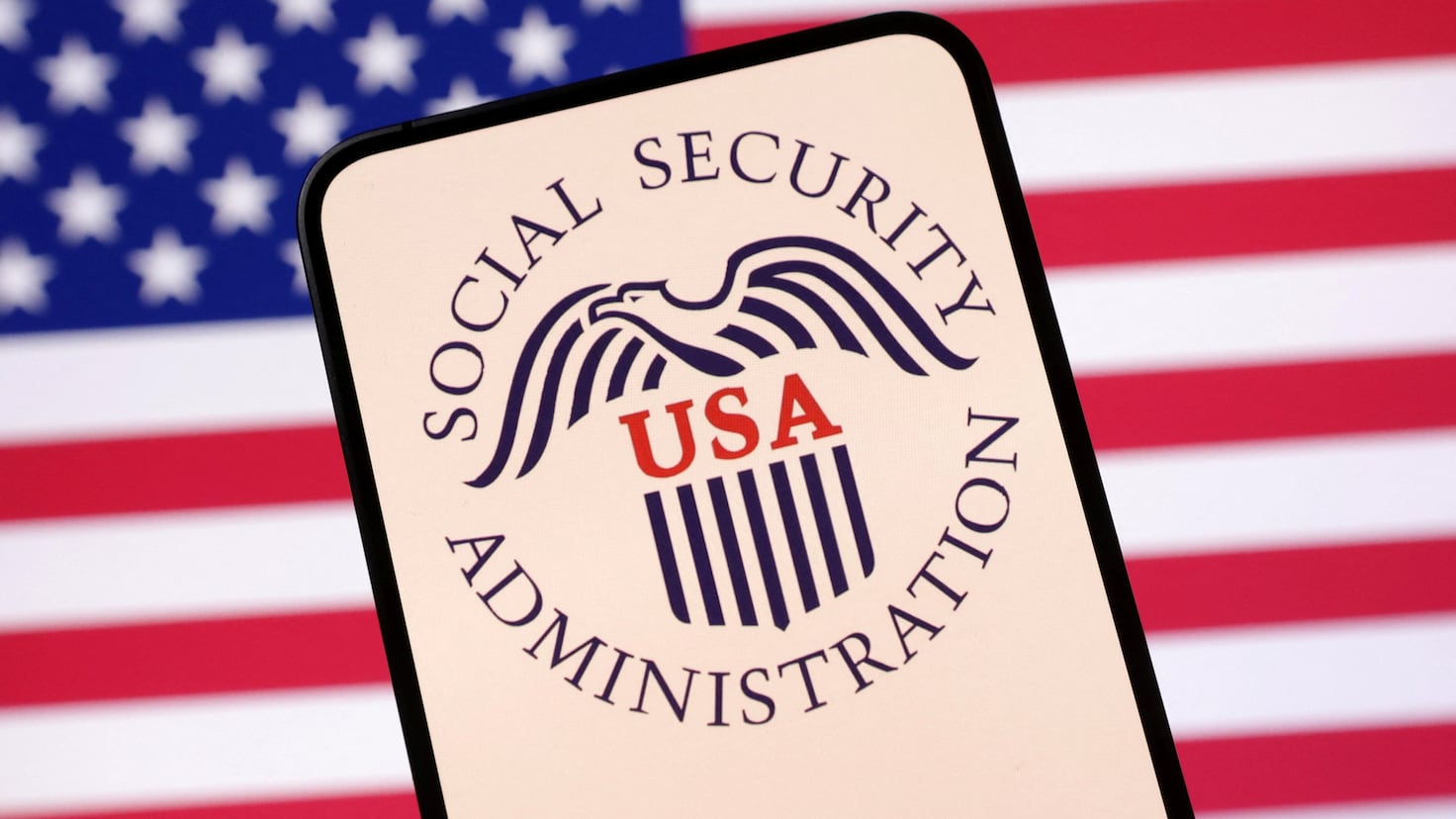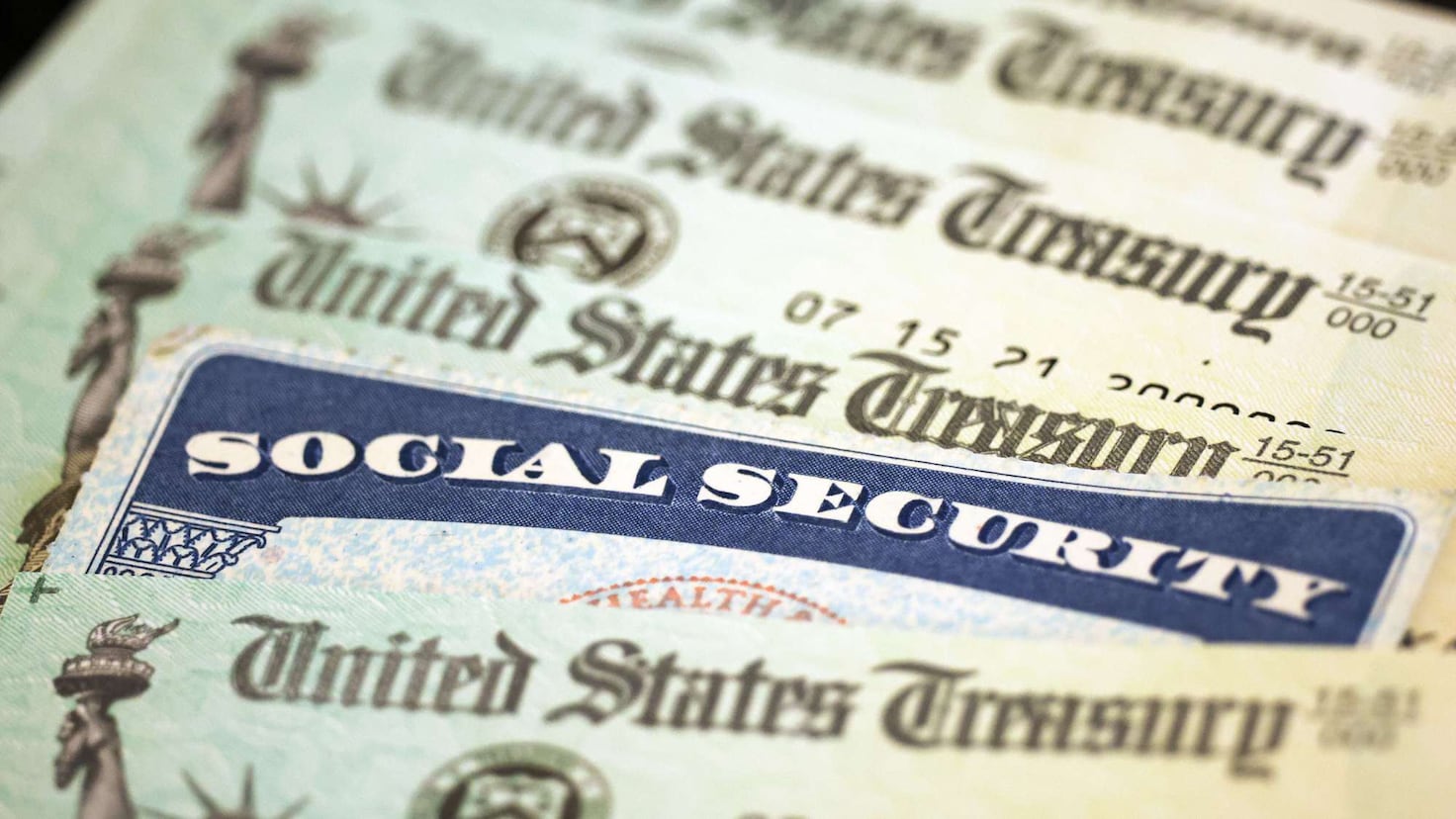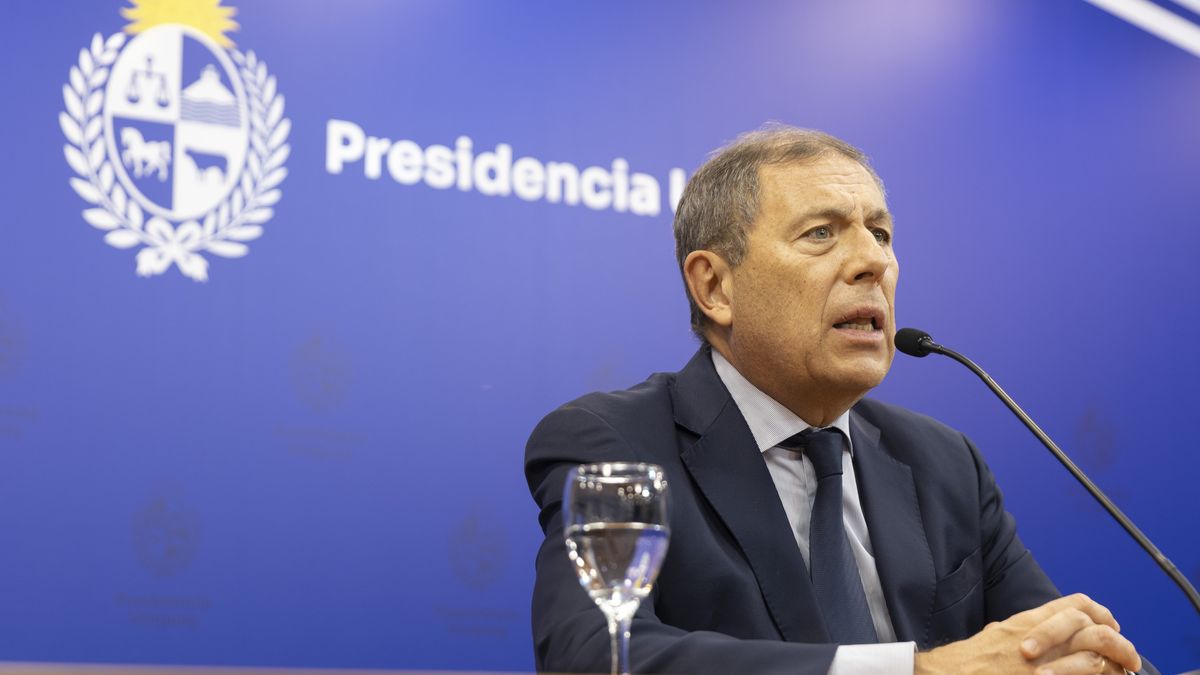Cuba Presents List of 'Terrorists' to the UN, Escalating Tensions and Sparking Debate

Havana, Cuba – In a move that has drawn immediate international scrutiny and sparked heated debate, the Cuban government presented a list of individuals and organizations it designates as “terrorists” to the United Nations on Wednesday. The list, formally submitted to the UN Secretary-General, includes names of Cuban nationals residing abroad and foreign entities, all accused by Cuba of involvement in acts of sabotage, violence, and support for actions deemed detrimental to the island’s security and stability.
This action marks a significant escalation in Cuba’s ongoing efforts to publicly denounce and seek international recognition of those it considers threats. The Cuban government has long maintained that these individuals and groups actively work to undermine the socialist revolution through funding, logistical support, and direct participation in activities aimed at destabilizing the nation.
Who is on the List?
While the full details of the list remain confidential, Cuban officials have indicated that it includes individuals associated with anti-Castro groups, particularly those operating from the United States. Specific names and organizations mentioned in preliminary reports include figures linked to groups that have historically engaged in acts of sabotage and propaganda campaigns against the Cuban government. The list also reportedly contains individuals accused of financing subversive activities and inciting unrest within Cuba.
International Reaction and Legal Implications
The submission of the list to the UN has triggered a complex web of legal and diplomatic considerations. Under international law, the designation of “terrorist” carries significant implications, potentially impacting travel, financial transactions, and legal proceedings. However, the UN does not have a standardized definition of “terrorism,” and the designation process is often subject to political interpretation.
Several countries, including the United States, have already expressed reservations about Cuba’s actions, questioning the transparency and impartiality of its selection process. Critics argue that Cuba's definition of “terrorism” is overly broad and used to target political dissidents and opponents of the government.
Legal experts note that the UN is unlikely to formally adopt Cuba’s list. However, the submission serves as a public declaration of Cuba’s concerns and a signal to the international community to acknowledge its perspective on the matter. The potential for legal challenges and diplomatic repercussions remains high.
The Context of US-Cuba Relations
This development occurs against the backdrop of historically strained relations between Cuba and the United States. Despite some easing of restrictions in recent years, the US maintains a trade embargo against Cuba and continues to list Cuba as a “state sponsor of terrorism.” The ongoing tensions surrounding US policy towards Cuba further complicate the interpretation and implications of this latest action.
Looking Ahead
The Cuban government has vowed to continue its efforts to expose and counter what it perceives as threats to its national security. The submission of this list to the UN is likely to be just the first step in a protracted campaign to gain international support for its stance. The international community will be closely watching how this situation unfolds, and whether it will lead to a further deterioration in US-Cuba relations or a renewed dialogue on the issue of terrorism.






